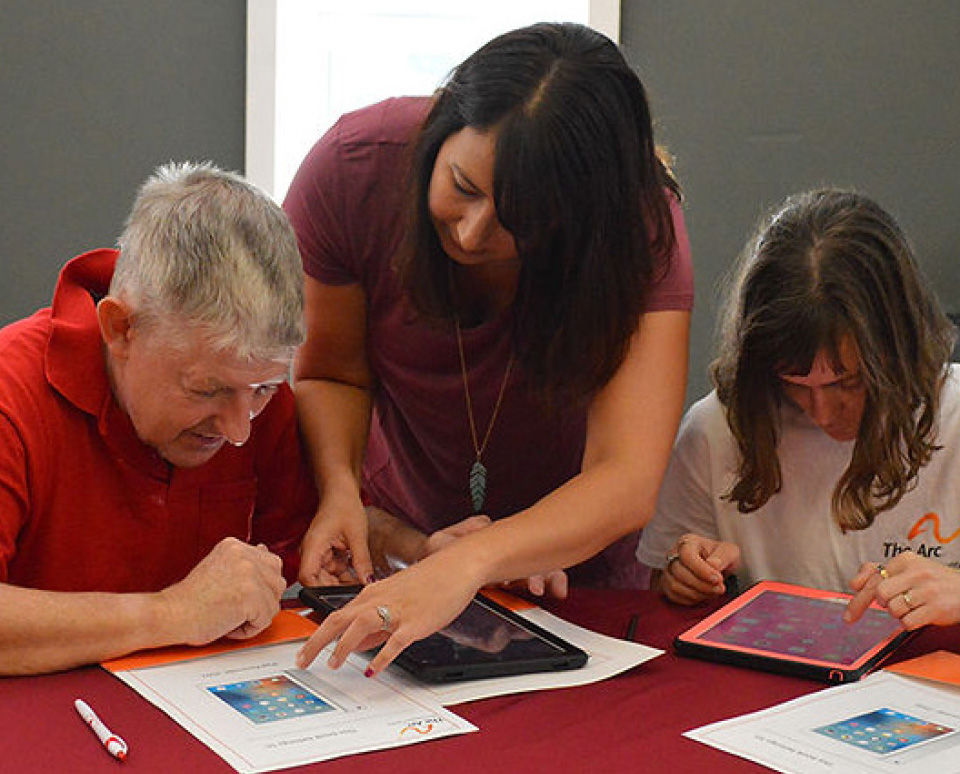
The Arc ECT provides a variety of residential resources for individuals with IDD, based on their needs, desires and capabilities — from living independently, to living in a group home or a caregiver’s home — we believe in providing a loving, nurturing environment in which individuals can develop, grow and feel safe.
RESIDENTIAL SUPPORT
Homes encourage a family environment. For many, our group homes provide the only family the residents have known. The goals of The Arc ECT’s Residential Program are focused on providing a family-like atmosphere within each home, empowering each resident to make positive decisions about themselves and their living environment.
Additionally, we strive to provide a safe environment — physically, mentally and emotionally. The Arc ECT is committed to meeting residents’ health and safety needs while providing the level of care and support afforded any member of a family. Residents are encouraged (and supported) in developing friendships and relationships outside family units and in developing personalized interests.

IN-HOME SUPPORT
The Arc ECT’s In-Home Support Program provides individualized and person-centered support to people with IDD. In this service model, participants receive 1:1 support within their home (or family home) and community. Participants receive support with daily activities of living such as cooking, cleaning, personal care, banking, grocery shopping, and scheduling and attending medical appointments. Participants also receive support while taking part in recreational activities.
SUPPORTIVE LIVING
In this service model, participants live in their own apartment equipped with assistive technology—equipment designed to increase, maintain, or improve the functional capabilities of participants. Participants also receive In-Home Support and Remote Support services that aid participants through technological devices in live, virtual two-way communication. These services allow direct support professionals (DSPs) to assist remotely. Supportive Living is a rapidly growing service area, with new generations of people with IDD and families eager to take advantage of this nimbler, more flexible model.















